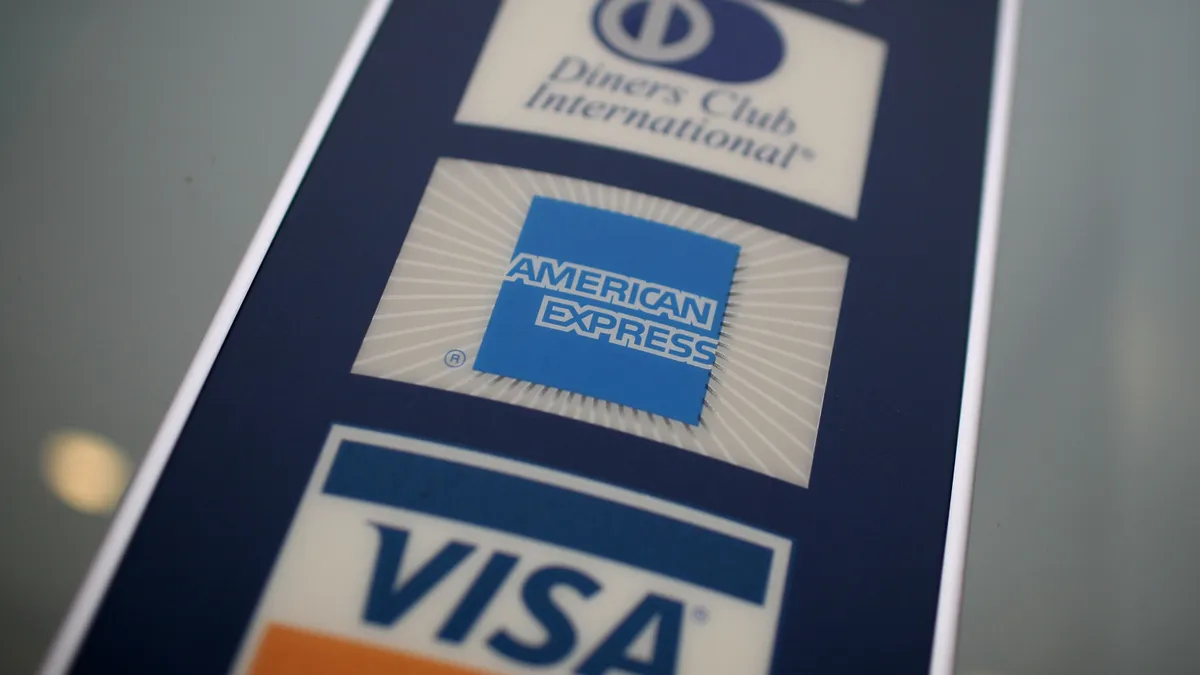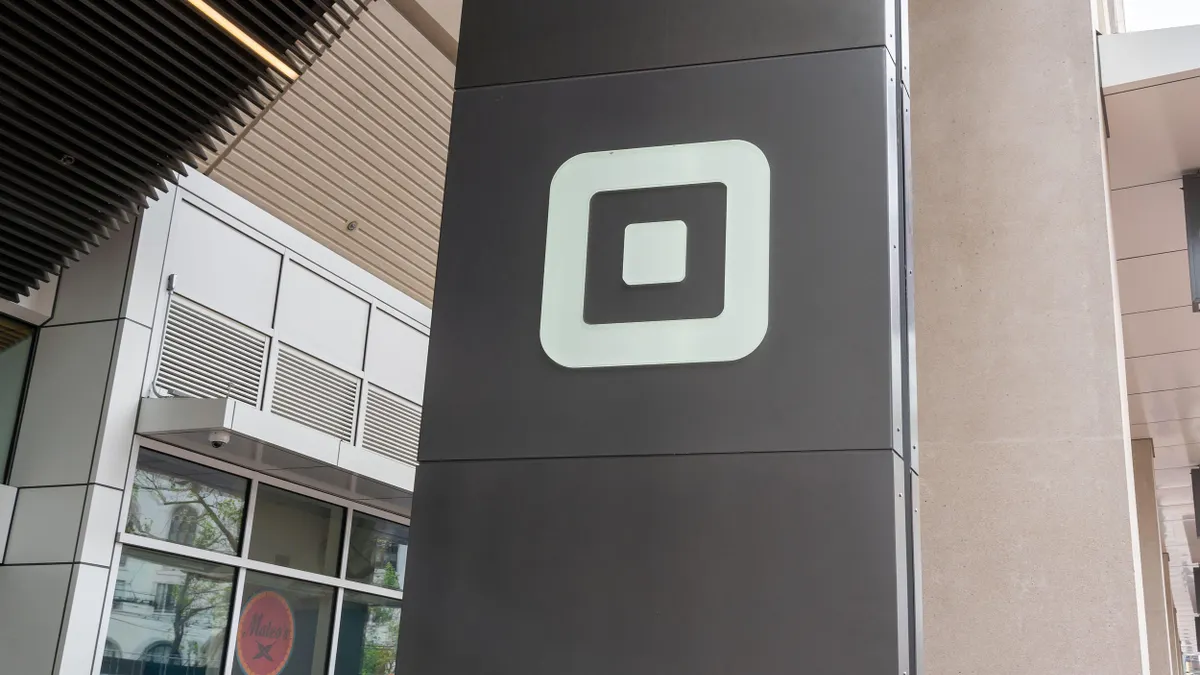Corpay has agreed to buy London-based Alpha Group International in a cash transaction that values that cross-border business at about $2.2 billion.
Atlanta-based Corpay announced the transaction Wednesday, saying that Alpha’s business-to-business foreign exchange services will fit well with its corporate payments offering.
Alpha has built a fast-growing fee-based business catering to European investment managers, a press release for the transaction said. The business has about 7,000 client accounts, including private equity firms, and nearly tripled its revenue between 2021 and 2024, according to a presentation on the deal. The combination gives Corpay access to a new customer set and smooths the way for it to pursue investment firm clients in Asia and the U.S.
The acquisition will contribute $2 billion to Corpay’s corporate payments segment revenue by next year, then accounting for about 40% of overall revenue, Corpay CEO Ron Clarke told analysts on a call to discuss the acquisition. Alpha’s business delivered about $300 million in revenue last year, the presentation showed.
“It’s a different revenue stream for us,” Clarke said, explaining that Corpay will then serve four client categories, including corporates, investment managers and financial institutions. In a newer addition, it’s also cultivating digital currency providers as customers.
Corpay built its business providing corporations around the world with payments services, such as expense management, commercial cards and accounts payable processing. It has specialized in providing those services for fleet management operations, covering parking, fuel and related vehicle payments.
For last year, Corpay derived about half of its nearly $4 billion in revenue from providing services for vehicle payments while about 30% stemmed from general corporate payments and about 18% came from lodging payments and other services, according to its annual filing with the Securities and Exchange Commission.
The company is also seeking to sell some business units to help fund the Alpha deal, executives said on the conference call. Those are non-core units within the vehicle segment worth about $1.5 billion, Clarke said.
He declined to identify the businesses specifically. “They will sell, and we’ll hopefully get a price we can accept,” Clarke said.
Corpay recently doubled down on a relationship with card network Mastercard. In April, Mastercard invested $300 million in Corpay’s cross-border unit as part of an agreement making that business the exclusive provider of commercial cross-border payments services for the card network’s bank clients.
Rivals in the industry are expanding, too. AvidXchange, an accounts payable and payments software provider, agreed in May to be taken private by global asset management firm TPG in a transaction that values the business at $2.2 billion, according to a press release from the companies.
A Corpay spokesperson didn’t respond to a question on whether the company will retain all of Alpha’s employees. The company expects the transaction to close in the fourth quarter of this year.
Analysts who follow Corpay were positive about the acquisition in commentary to their clients, but seemed more concerned on the call with how Corpay will incorporate stablecoins into its cross-border business. Their questions follow the enactment this week of the Genius Act, which creates a framework for use of digital assets.
The company “is addressing crypto/stablecoins, and has solutions for companies to use both fiat and stablecoins,” according to a July 23 note the investment firm Baird sent to its clients commenting on the acquisition.
“It’s worth keeping in mind that every stablecoin provider, crypto exchange and digital wallet firm is…still heavily reliant on fiat currency payments via traditional rails and FX liquidity to support their business,” Corpay Cross Border Solutions Group President Mark Frey said in prepared remarks for the call. “We’ve been very focused on being the ‘bridge’ if you will, between the worlds of traditional rails and blockchain.”
Frey also noted that the company has been using stablecoins in its own operations, using blockchain to make third-party payments for some clients in certain parts of the world.
Clarke dismissed the emerging stablecoin business as a threat to Corpay, explaining that it’s another type of currency to move. “Our point of view is that this thing is kind of complementary, and actually helpful and not disruptive,” Clarke said in response to an analyst question. “We’re not afraid.”





















